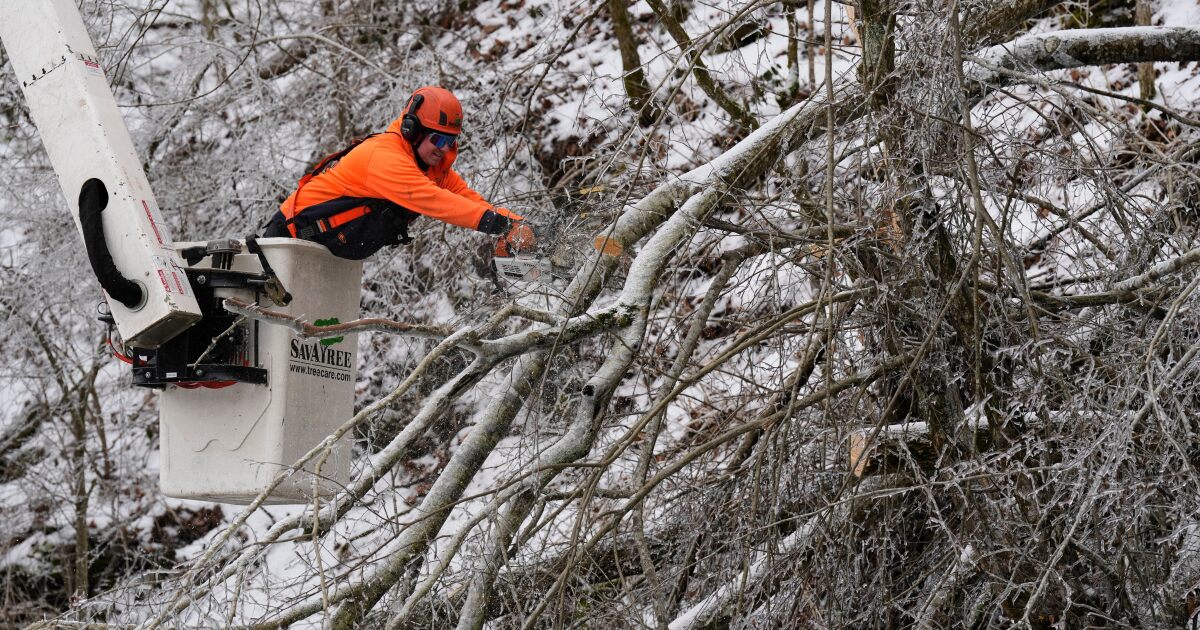Iran has the “right” to punish Israel for assassinating Hamas leader Ismail Haniyeh on its soil, its foreign ministry said on Monday, as the US sent reinforcements to the Mediterranean Sea to help defend its ally and lower the risk of a wider confrontation.
Israel and the region are waiting on Iran’s already pledged retaliation for the killing of Haniyeh, Hamas’s political chief, in Tehran last week, hours after he attended the inauguration of the country’s new president.
The region has been on edge since the killing, with US secretary of state Antony Blinken telling his G7 counterparts that Iran’s response would be imminent. Some Israeli supermarkets ran out of bottled water over the weekend, and residents of Beirut on Monday felt their homes shake from warplanes breaking the sound barrier — a common show of force from the Israeli air force.
The general in charge of US forces in the Middle East, Michael Kurilla, was in the region over the weekend, Axios reported, to help rally a similar coalition of its allies that helped defend Israel in April, when Iran fired hundreds of missiles and drones to punish Israel for the assassination of several military officials in an Iranian diplomatic compound in Syria.
This time around, Israel is again counting on “US leadership in forming a coalition of allies and partners to defend Israel and the region from a range of aerial attacks”, the country’s defence minister Yoav Gallant told US defence secretary Lloyd Austin, according to a statement.
Iran was severely embarrassed at the killing of Haniyeh in state-provided accommodation while a guest of the president. The Islamic republic claimed over the weekend that he was killed in an attack involving a short-range projectile carrying a warhead with approximately 7kg of explosives, without specifying the origin or method of the attack.
Speaking at a press conference in Tehran, foreign ministry spokesperson Nasser Kanaani said “all evidence and signs indicate that the Zionist regime is behind the terrorist crime”, although Israel has neither confirmed nor denied its involvement.
Kanaani said that as Israel had “first and last responsibility” for the killing, it was “Iran’s right to act in the path of punishing the aggressor”.
Iran has made it clear it will respond to the assassination, which came a day after Hizbollah military commander Fuad Shukr was killed in a targeted attack in Beirut that has been claimed by Israel. Israel blames Hizbollah, the Lebanon-based militant group, for the attack on a football field in the Israeli-occupied Golan Heights last month that killed 12 young people.
Hizbollah and Hamas, the militant group that carried out the October 7 assault on Israel, are both part of an alliance backed by Iran known as the axis of resistance.
Analysts believe that Iran’s response to Haniyeh’s killing could involve the different parts of its axis launching attacks simultaneously. The alliance also includes the Houthi rebels in Yemen and militia groups in Iraq and Syria.
Major General Hossein Salami, commander of Iran’s elite Revolutionary Guard, suggested on Monday that Israel had misjudged how Iran would retaliate to Haniyeh’s assassination. “When they receive a strong response, they’ll realise they’ve miscalculated,” he said in a public speech, without detailing potential Iranian actions.
Jordan’s foreign minister Ayman Safadi used a weekend visit to Tehran to issue an appeal for calm, although his host has shown no signs of backing down from its vow for revenge.
Ali Bagheri Kani, Iran’s acting foreign minister, reiterated the country’s “serious determination to hold Israel accountable” and urged regional countries to unite against Israel, who he accused of “genocide” in Gaza.
Kanaani also accused the US of being complicit in the Haniyeh killing that has shaken Iran’s theocratic leadership, and called on Washington to stop supporting Israel. The US has denied any prior knowledge of the assassination.
“It’s the duty of the US to put pressure on the Zionist regime to stop its killings and crimes and to halt the shipment of weapons to this regime,” he said.









































